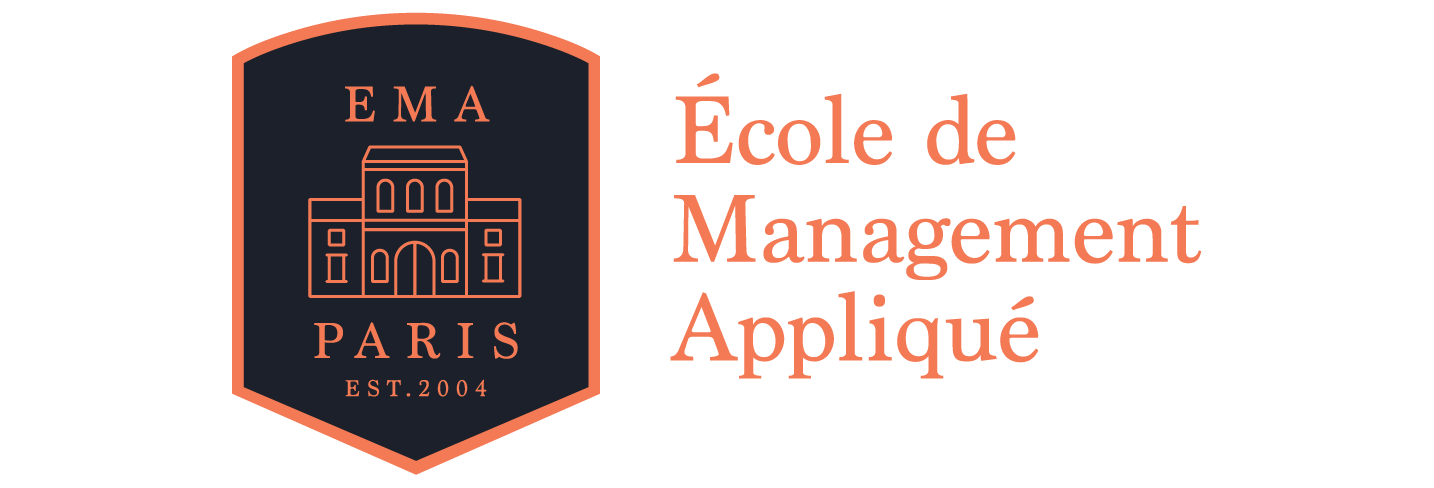The PhD en Économie is a comprehensive doctoral programme designed for students to deepen their economic knowledge and engage in significant research. This PhD programme by EMA spans six trimesters, with the first year focused on coursework.
Core course structure:
- Quantitative and qualitative research methods
- Legal and ethical frameworks for research
- Organisational theories and models
- Research project planning
Specialised units:
- Research methods in economics
- Global economic challenges
- Socio-economic theories, both local and global
- Sustainability
- Wealth distribution
Assessment:
- 50% continuous assessment and 50% end-of-semester exams (examination, open-book exam or in-class assignment).
- The final project is assessed through continuous evaluation.
Teaching methods
Teachers and professors at EMA emphasise participative and interactive learning for students through real-world case studies.
Thesis development
The last two years focus on writing a 50,000-word thesis (120 ECTS), supported by research seminars and individual guidance.
Viva voce (dissertation defence)
Thesis supervision includes research seminars covering the following areas: writing a thesis, statistics for research projects, involving human subjects in research, research integrity, seminar presentations and viva voce practice. These years also include group and individual tutorials (over three semesters) and individual guided readings (over four semesters). Thesis writing takes place, in parallel with these taught units, over the four semesters of the last two years. The viva voce defence is scheduled at least two months after thesis submission.
This PhD en Économie programme at EMA is aimed at corporate executives and business consultants who want to address global economic challenges.

 Brochure
Brochure
 Apply Now
Apply Now





















